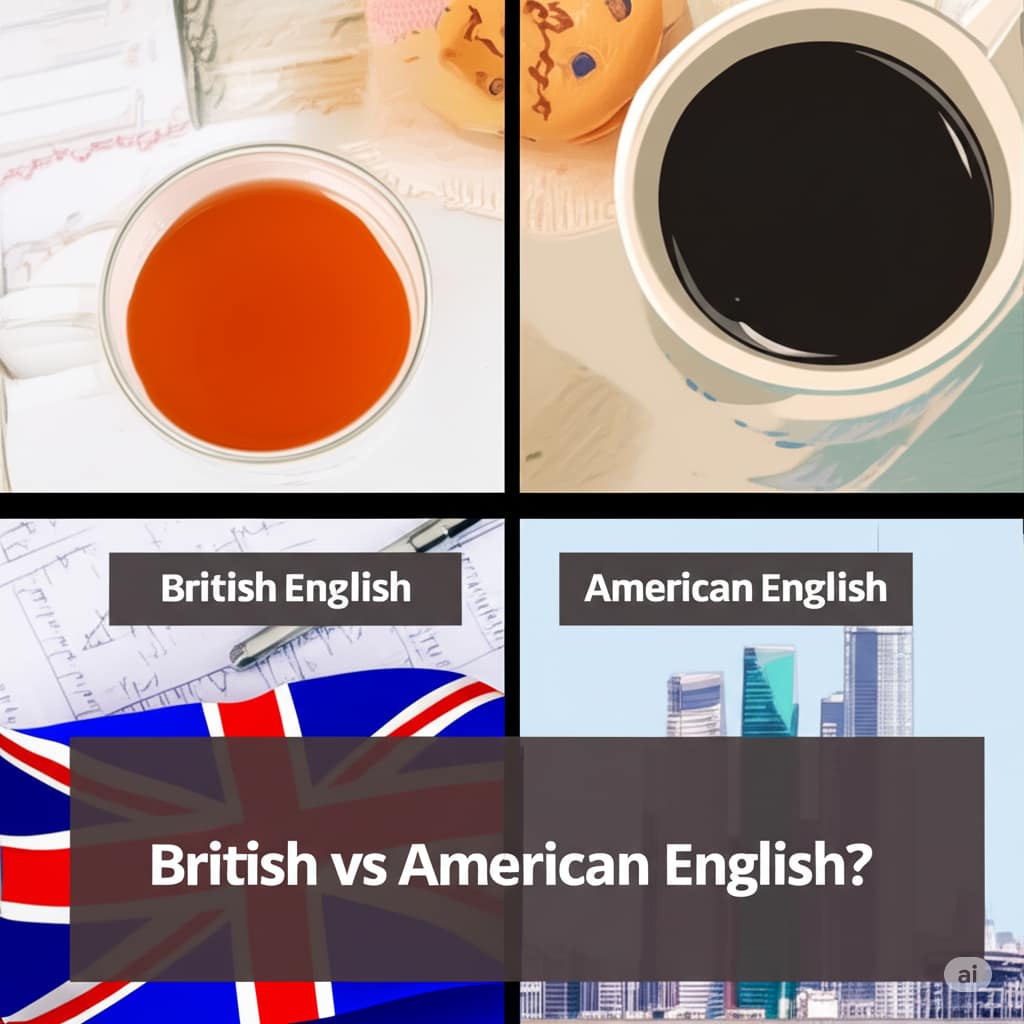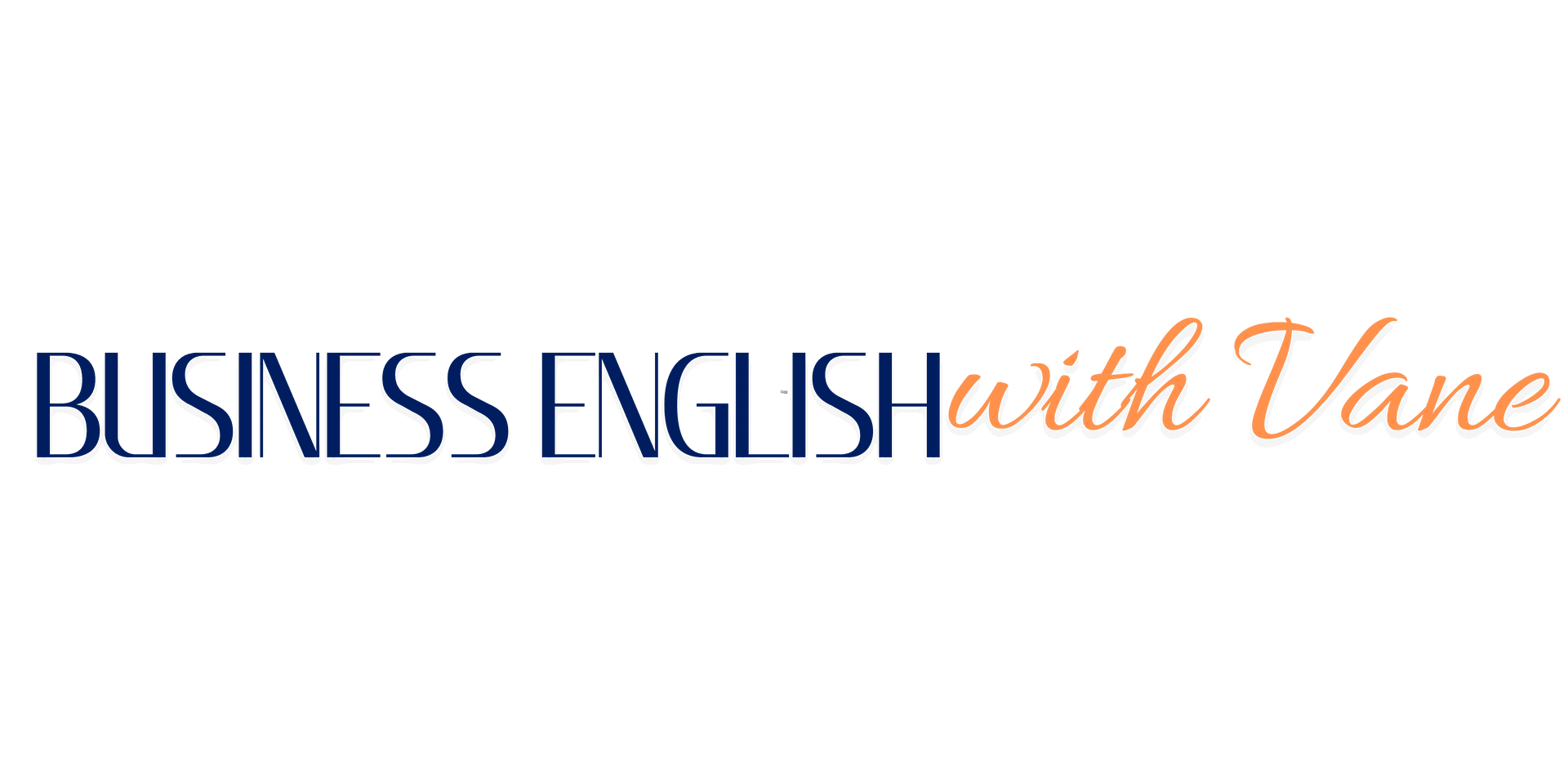
When learning English for professional purposes, it’s natural to wonder which variant—British or American English for business—is more suitable. You might question which is more useful in the business world and which one you should choose if you plan to work with international companies. In this article, we will explore the key differences between the two variants and help you decide which one aligns better with your goals.
British or American English for business: are there significant differences?
Although both variants share the same language, there are notable differences in pronunciation, vocabulary, spelling, and some idiomatic expressions. Fortunately, both variants are generally understandable to speakers on the other side of the Atlantic.
1. Pronunciation
This is probably the most obvious difference. British English (especially Received Pronunciation) tends to be clearer and more formal in its intonation. American English, on the other hand, sounds more relaxed and often omits sounds, such as the “t” in words like «water,» which is pronounced more like «wader» in American English.
- UK: /ˈwɔːtə/
- US: /ˈwɑːdər/
2. Spelling
There are variations in how certain words are spelled. British English often maintains a more traditional spelling, while American English tends to simplify.
- Colour (UK) / Color (US)
- Organisation (UK) / Organization (US)
- Centre (UK) / Center (US)
3. Vocabulary
Some common words change completely depending on the region.
- Lift (UK) vs. Elevator (US)
- CV (UK) vs. Resume (US)
- Holiday (UK) vs. Vacation (US)
4. Expressions and Phrases
The use of certain phrases also varies, potentially influencing your communication in a work environment.
- UK: “I’ll ring you later.”
- US: “I’ll call you later.”
Which English is better for business?
There is no one-size-fits-all answer; it depends on your professional context and personal goals.
- If you want to work with companies in Europe: British English is the standard in many European countries and may be most beneficial for communicating with colleagues in the European Union, Asia, and Africa, where this variant is still primarily taught.
- If you’re targeting the U.S. or the technology market: American English is the dominant variant in the U.S. and Canada and is common in many multinational companies. It is also prevalent in digital marketing, technology, and startups.
- If you are working in mixed international environments: Consistency is key. You can learn the key differences between British and American English at work, but you don’t need to master both. What’s important is to avoid mixing accents or spellings in the same text or professional conversation.
Which variant do I teach in my classes?
In my business English courses, I tailor the content to suit your needs. If you work with clients from the UK, we use British vocabulary. If you are applying to a company in the U.S., I help you prepare your English in an American style. The key is to personalize your learning. I also provide you with the tools to recognize both variants, significantly increasing your versatility as a professional.
Tips for choosing the right variant of English
✔️ Research your industry
Some industries, such as technology, marketing, and sales, tend to use more American English, while others, like law, diplomacy, and education, may prefer the British style.
✔️ Observe your network
Do your colleagues use American or British vocabulary? Adapting to their preference will help you integrate more easily.
✔️ Consider your long-term goals
Do you want to emigrate to Canada or London? Are you applying for European scholarships or projects? Your ideal destination can help guide your decision.
Can I mix British and American English?
It’s advisable to choose one variant and stick with it in all professional contexts. Mixing them can cause confusion and appear unprofessional. For example, it’s not ideal to write, “I organize color-themed events at the center,” as it combines spellings from both sides. In interviews or presentations, using British expressions with an American accent (or vice versa) isn’t a serious problem, but consistency is always better.
How to sound natural regardless of the variant
Beyond accent or spelling, focus on sounding clear, confident, and professional. In my classes, we work on:
- Achieving neutral pronunciation to be understandable in any context.
- Using standard phrases in emails, presentations, and interviews.
- Practicing listening skills with both accents.
- Receiving specific corrections to avoid common mistakes based on your chosen variant.
Choose what suits you best
Both British and American English are valid for doing business. The most important aspect isn’t which one you choose but how you use it. Consistency, professionalism, and adaptability to context will truly set you apart in a global environment.
Would you like to find out which variant suits you best for your career? In my personalized classes, we analyze your profile and practice using real-life situations.
